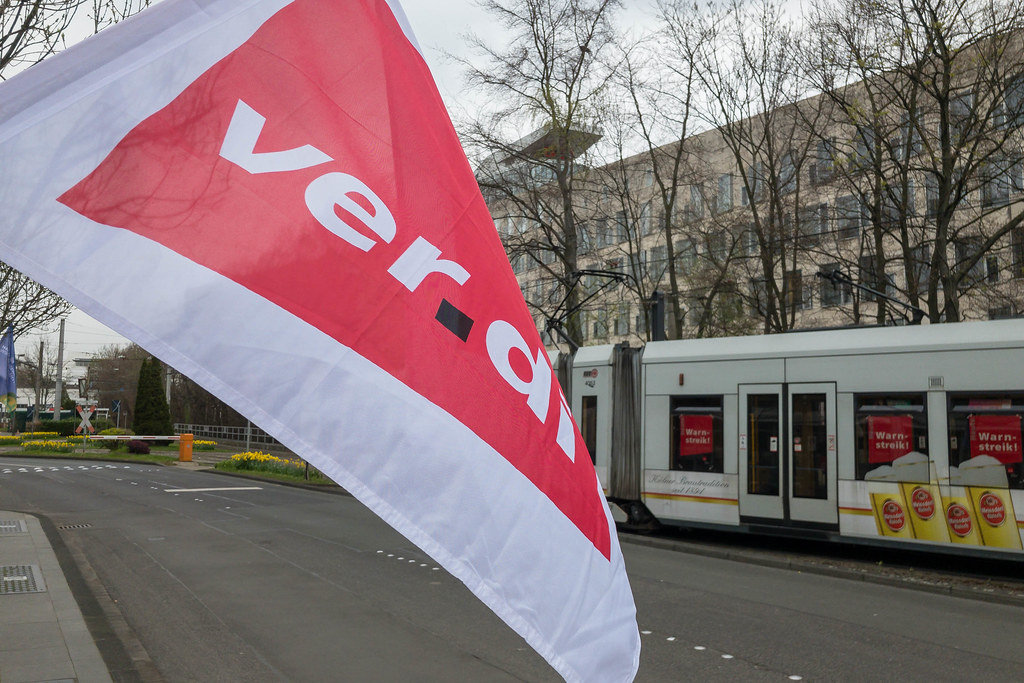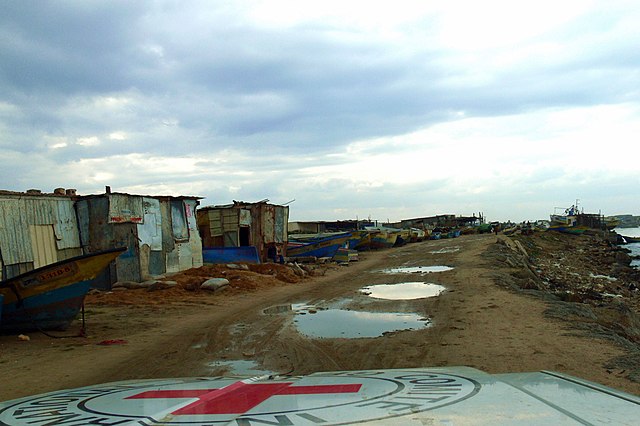Last year I suffered an intense burnout. What does that mean? It means that, at the end of a series of unfortunate events and against the backdrop of an intense work rhythm, I reached the limits of what I had to give. And by that I mean the limits of my soul, body, heart and brain. Perhaps the best translation of the term burnout into Romanian is an extreme usage of the self. It’s not “just” exhaustion or depression, it’s pushing yourself so hard for so long that you end up burning all your inner, emotional, and physical resources. A car running on fumes, which is you, left with nothing else besides anxiety so deep it borders on terror, broken and invasive thoughts, chaotic emotions that have taken over and an aching body, shaking and sometimes delirious. And, what’s worse, when you’ve been burned out or excessively used, it becomes almost impossible to refill your tank of inner, emotional and physiological resources.
As scary as it seems – and is – burnout is in no way unusual. It’s a frequent occurrence in capitalist work structures and is, unfortunately, also very present in activist work environments, where self-sacrifice, adversity and constant, intense work are part and parcel of your everyday work rhythm. Over the last years I witnessed several such episodes of my comrades’. This helped us begin to understand, to educate ourselves about what was happening to us. What seems most important, however, is to begin by critically analysing the mechanisms which constantly push us to ignore our limits, while at the same time normalising practices of mutual, individual and collective care. If I were to summarise the challenges of these efforts to one fundamental question, it would be this: how can we convince ourselves that self-care, understanding and reinforcing (instead of forcing) our limits are essential for the sustainability of social movements?
The constant chase for results and the constant evaluation of the worth of our work as a relation between our expectations and results are capitalist values.
Burnout and Work in The Big Bad World
Out in the big bad world, by which I mean in normative society, burnout is already accepted as a given. Having already been a subject of study for a long time, the World Health Organisation has also recently recognised it as a professional ailment, a sort of work disease. In a likewise normative fashion, the excessive usage of the self is even more present in jobs where the individual motivation stemming from moral concerns and the emotional investment are bigger. In other words, in those jobs where we speak of good and evil, where you are emotionally invested in your work. Activism is such a field of activity.
Setting aside the fact that even normative society recognises the extreme burden of political work, we all understand how hard it is to simply live everyday being acutely aware of the immense discrepancy between the hurt and injustice of the world, and what we would like to see happen. This distance between what exists and what we would like it to be can sometimes become smaller, at times even significantly so, but remains the same most of the time. Of course, this pushes us and gives meaning to our political work, but when the results are small for long periods of time, it’s easy to feel constantly emotionally overwhelmed and to lose our motivation. We end up asking ourselves: what’s the point of all this?
However, we also need to ask ourselves, what if this logic is, on some level, reproducing or created by the capitalist ethic?
The constant chase for results and the constant evaluation of the worth of our work as a relation between our expectations and results are capitalist values. Capitalism teaches us speed, productivity, flow. Capitalist time is time in which your efforts are planned in quick succession, where each effort has to lead to palpable results and each result in quantifiable: you’ve “invested” time and work, what are you “getting” out of it? Capitalist time is rationalised: all your efforts are planned, all results get measured and all the goals you achieved had been previously measured and temporally situated. Deviations from this schedule or changes in rhythms both produce chaos. And nobody wants chaos in capitalism.
…the neoliberal model normalises a colonisation of the worker’s life by the employer… you get all those teambuilding and socialising events… through which the corporation sneaks into your soul.
Work Equals Life and…
How did I end up with a burnout? In short, it was a background of intense work that didn’t yield many results, to which a series of urgent events were added: death and fear of it, disease and fear of losing autonomy, losing worlds and losing people: solitude and more solitude and a broken heart, sustained violence against me and people I care about. When that which you do is political work, your life is pretty much one with your work. It becomes unclear where a task you’ve taken on ends and where your simple day to day life begins.
I was lucky enough to have grown up in an anti-work mentality. My parents used to often tell me in all seriousness: never do one minute of overtime if you are working for a boss. never do anything extra that you are not getting paid for! However, their experience is based on the Fordist work model: a 9 to 5 job, after which you get to go on and take care of your life and do your own thing once your shift is over. Your job is separate from your life, and the job you do is not really connected to your life. Of course, this is an aspect that gets criticised as alienating from a Marxist perspective: your working self ends up being so divorced from your individual and social life that you start experiencing anxiety and inauthenticity. The trick however is that neoliberalism considers this model obsolete and, by appropriating the critique of alienation, it says no to alienation and combines work and personal life. “Combines” is, however, not the right word. In fact, the neoliberal model normalises a colonisation of the worker’s life by the employer, the loss of privacy and the dissolution of measurable work norms such as work hours; instead, you get all those teambuilding and socialising events, informal language etc., through which the corporation sneaks into your soul.
Against the backdrop of our insecurity about our own value… we fall prey to a work model that very much resembles the neoliberal one, in which self-deprecation is used to serve the logic of productivity.
… the Personal is Political
Even though I live in communities, groups and collectives with anti-capitalist commitments, where we harshly criticise this neoliberal model and strive to organise our lives and work in liberating terms, a measure of this model still seeps into our lives. Merging your political work and your individual and collective life is seen as valuable in leftist environments. The personal is political. The permanent effort of reflecting your principles in your everyday life is a way of living authentically and without subordination. More importantly, it is a way through which we can bring our much dreamed-of utopia closer to ourselves and the present moment. What do you do however when this merging between life and work starts to be weirdly like the neoliberal model? When the fundamental motivation of your work is so intimately bound to your definition of yourself, borders start to disappear, and it becomes very easy to lose yourself.
This time I wasted today could’ve been used doing this, that or the other – all of which would have been good for other people or groups. Or how can I call myself a member of a movement if I am not constantly contributing to it? These or any number of similar rhetorical questions, even when not explicitly formulated or not formalised as set intentions, can become everyday credos that replace the main motivation. Against the backdrop of our insecurity about our own value, we become our own guard and in doing so, we fall prey to a work model that very much resembles the neoliberal one, in which self-deprecation is used to serve the logic of productivity.
By which I mean – the normative world has taught me to hate myself and I therefore know that I am not worthy of recognition, that I have almost no intrinsic value and that all my self-worth comes from this work and its results. A derivative of a neoliberal model, this work logic will quickly create in us the need to become heroes, saviours whose value resides in how much they can sacrifice themselves: the more and the longer you do it, the more valuable you are for the movement.
…those people who have been involved in social movements for many years… work more than the newcomers of the different projects and collectives… you start to observe that this brings them a lot of informal power and authority.
Self-sacrifice
Both self-exploitation and self-sacrifice are normalised in normative activist environments, namely in the NGO industry. Because it is work with supposedly noble motivations, the constant expectation is to set yourself aside, to postpone or ignore your needs and force your boundaries. This way of thinking is so widespread, that we reach a culture of martyrdom in which whoever is capable of the biggest self-sacrifice becomes better, more valuable, a role model. However, self-sacrifice in the service of political work is a paradox: it seems selfless, but it is, in fact, truly selfish.
Oftentimes, those people who have been involved in social movements for many years and who have contributed to many key moments in the respective movements’ history, are also the same people who work more than the newcomers of the different projects and collectives. Even if it seems natural that the former be the ones to carry the heavier load, they also do it because they are better adjusted to an intense and prolonged work rhythm – a rhythm better integrated in their own lives, accompanied by internal motivation and external recognition which are closer to their own wishes. Add to this the fact that these people were there for the various key moments of the moment, and you start to observe that this brings them a lot of informal power and authority.
Unintentionally, their intense work rhythm becomes a kind of “model” of activism that the other people in the group start aspiring towards as well. I have seen this many times and, to a certain extent, I have also lived through it: the good activist is the person who can work 9, 10, 11 hours a day, every day, who is simultaneously juggling several initiatives and who even has time for political commentary or a social life. The kind of recognition that this situation brings, alongside the informal power and authority, can easily become the main motivation, even if they had not been intended as such. And in this situation, self-sacrifice becomes selfish.
Even if we do not wish to and do not do it intentionally, whenever such a work model becomes the aspiration, we end up reproducing the neoliberal version of productivity. And simultaneously (and equally unintentionally), we can reproduce oppressive dynamics (sanist, classist etc.) through the way in which we distribute work, resources and recognition.
The article first appeared in Romanian on the CUTRA website. Translation: Anisia Petcu. Reproduced with permission. Part Two of this essay is available here.
Both this text and the artwork that accompanies it are part of the series of texts on precarity and anti-exploitation, curated by Adina Marincea, as part of the project Situated Knowledge – feminist affinity groups in the digital space. Situated Knowledge is a collaborative project created in partnership with the Spam Index platform, bringing together five affinity groups: Queerness (LGBTQAI), Maternity, Minority: between language and ethnicity, Precarity and anti-exploitation, Diaspora-Migration.
The illustrator Thea Lazăr works and lives in Cluj-Napoca and is a member of the Here There Collective. Her practice is mostly digital, but meant to live offline, in installations which wish to tell stories about the environment and socio-political situations, bringing to life local or unknown stories. @thealazar




